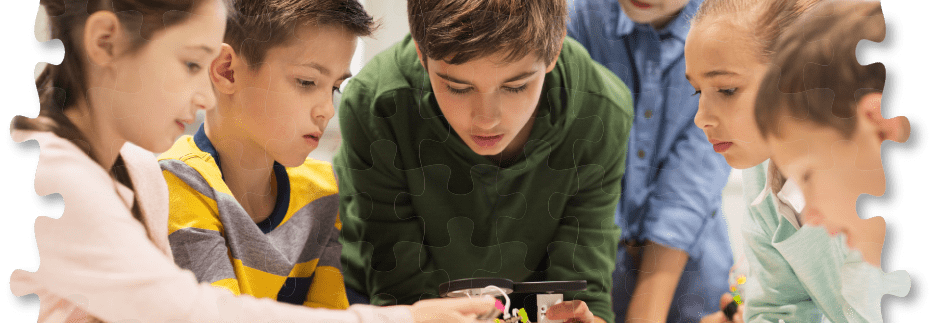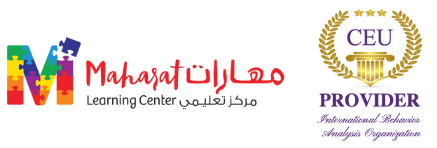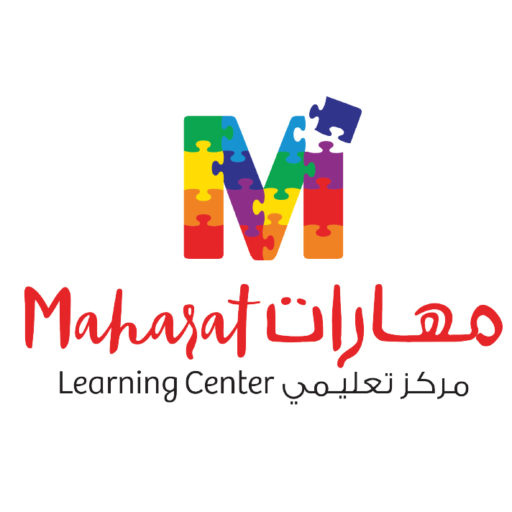
Most Adaptive Functioning Skills need to be taught and performed on a daily basis to reach necessary levels and achieve proper independence. Without being properly taught these skills, an individual’s ability to care for themselves and to function independently maybe compromised.
Research has proven that strengths in Adaptive Functioning Skills likely contribute to overall successful outcomes in adults with Autism Spectrum Disorder. The transition process from childhood to the teenage years and to adult years begins with a very specific and individualized focus on Adaptive Functioning Skills
What is ASDAN?
- Award Scheme Development & Accreditation Network
- Implement a differentiated learning program using the ASDAN Curriculum
- ASDAN is a pioneering curriculum development organization and awarding body offering programs and qualifications that explicitly grow skills for learning, skills for employment and skills for life
- Their programs offer a flexible approach to learning without the more rigid requirements of qualifications and an imaginative way of accrediting young people’s achievements
- ASDAN award programs and qualifications are usually vocational in nature, and are mainly aimed at students between 11 and 25
ASDAN Programs
New Horizons – 9 to 13 years
- 5 modules: Personal, Social, Health, Citizenship, Relationships
- Each module consists of 5 different sections of activities
Transition Challenge – 14 to 16 years
- Sensory Book: 5 modules: Communication and Interaction, Cognition, Physical, and Self-Help, and Independence
- Introduction and Progression Book: 5 modules: Knowing How, Making Choices, Feeling Good, Moving Forward and Taking the Lead
- Each module consists of different activities
Towards Independence – 16+ years
- 70 Modules
- Themes of modules can be divided into Communication and Numeracy, Creative Studies, Cultural, Independent Living, Leisure, Recreation and Sport, Personal Development, PSHE (personal, social and health education) and Citizenship & Work related
Workright – 14+ years
- 4 Modules
- Health and Safety at Work, Responsibilities in the Workplace, Working with Others, You at Work
- Each module is divided into 3 sections
ASDAN Delivery
- The student and his/her support team (parents, teacher, etc.) will choose which modules from each ASDAN program are best suited for their learning needs. In addition, within each module the student can choose which activities are best suited for them.
- Each ASDAN program should be used in conjunction with MLC’s ABA programs (including academic, behavioral, cognitive, vocational, etc. programs)
- They should be seen as a supplement, not as a stand-alone program
- The ASDAN programs will still require individualization as to how to teach each skill and what evidence to collect (e.g., data and graphs, photos, videos, witness statements, etc.)
- In order for each client to receive the ASDAN certificate, the evidence from their completed modules (e.g., data, photos, witness statements, etc.) must be submitted (online) to ASDAN to be reviewed
Stage 1: Daily Living Skills for students age 10 – 13 years
- Ensure basic, age-appropriate daily livings skills are solidly intact
- Self-Care Skills
- Independent Living Skills
- Community Skills
- Explore school options
- Provide Community-Based Intervention (CBI)
- Explore community resources
- Emphasize self-advocacy & explore social networks
- Teach community access skills
Stage 2: Adaptive Functioning Skills for students age 13 – 14 years
- Continue to ensure basic, age-appropriate daily livings skills are solidly in-tact
- Self-Care Skills
- Independent Living Skills
- Community Skills
- Provide Person-Centered Planning (PCP) to plan for the future
- Encourage volunteer involvement in areas of interest
- Explore community-based vocational training options
- Investigate possible job placement options
- Investigate public transportation options
Stage 3: Adaptive Functioning Skills and Functional Independence for students age 14 – 16 years
- Heavy emphasis on age-appropriate daily livings skills are solidly intact
- Self-Care Skills
- Independent Living Skills
- Community Skills
- Teach the individual how to access community resources &/or transportation
- Prepare for student’s Transition Plan
- Look at vocational & housing arrangements Explore community resources
- Ensure Individualized Education Plan (IEP) includes Futures Plan:
- Tertiary Education
- Vocational Training
- Independent Living
Stage 4: Functional Independence for students age 14 – 16 years
- Begin access of community resources & transportation with assistance
- Work on developing a Transition Plan
- Begin access to vocational & housing arrangements with assistance
- Begin access to Community Resources with assistance
- Begin Future Planning:
- Tertiary Education
- Vocational Training
- Life Skills
Stage 5: Transition for students age 18+years
- Implement Transition Plan
- Access community resources & transportation
- Access vocational & housing arrangements
- Implement Future Planning:
- Tertiary Education
- Vocational Training
- Independent Living
Tertiary Education Support (TES)
Advanced Educational Placement:
Helping individuals search for possible advanced education options
- Preference
- Possibilities
- Requirements
- Application Process
- Acceptance Process
Advanced Educational Support
Our experts work with individuals in colleges and technical schools and higher education to support deep and meaningful learning, advocate and promote transition providing:
- in-class Learning Support Assistant
- home educational support using principles of Applied Behavior Analysis (ABA)







